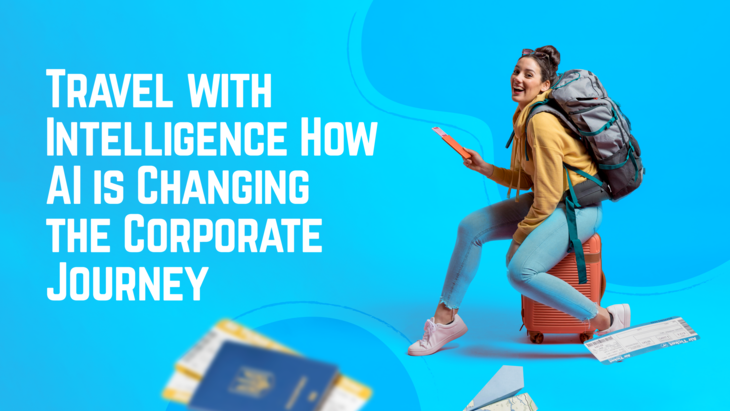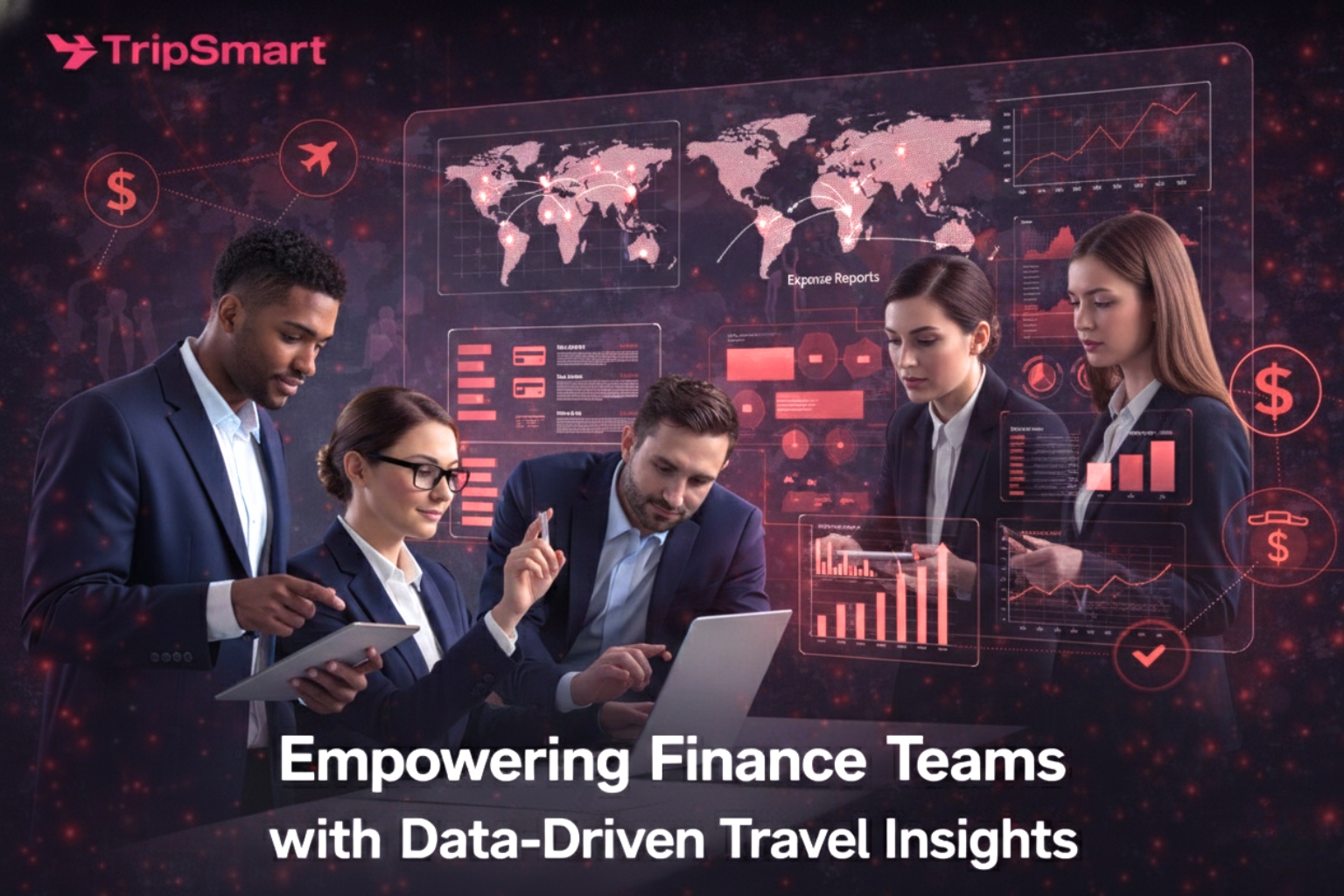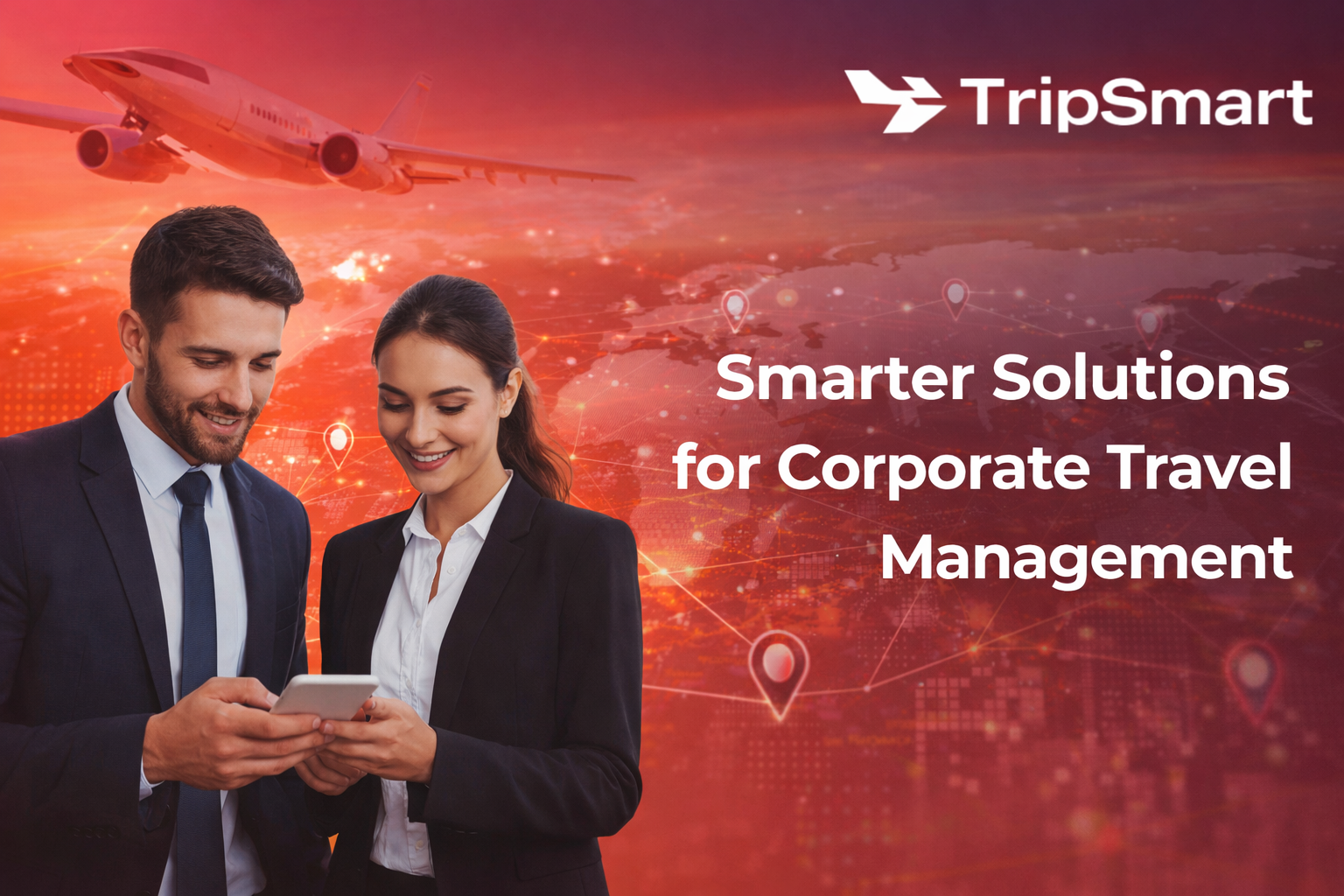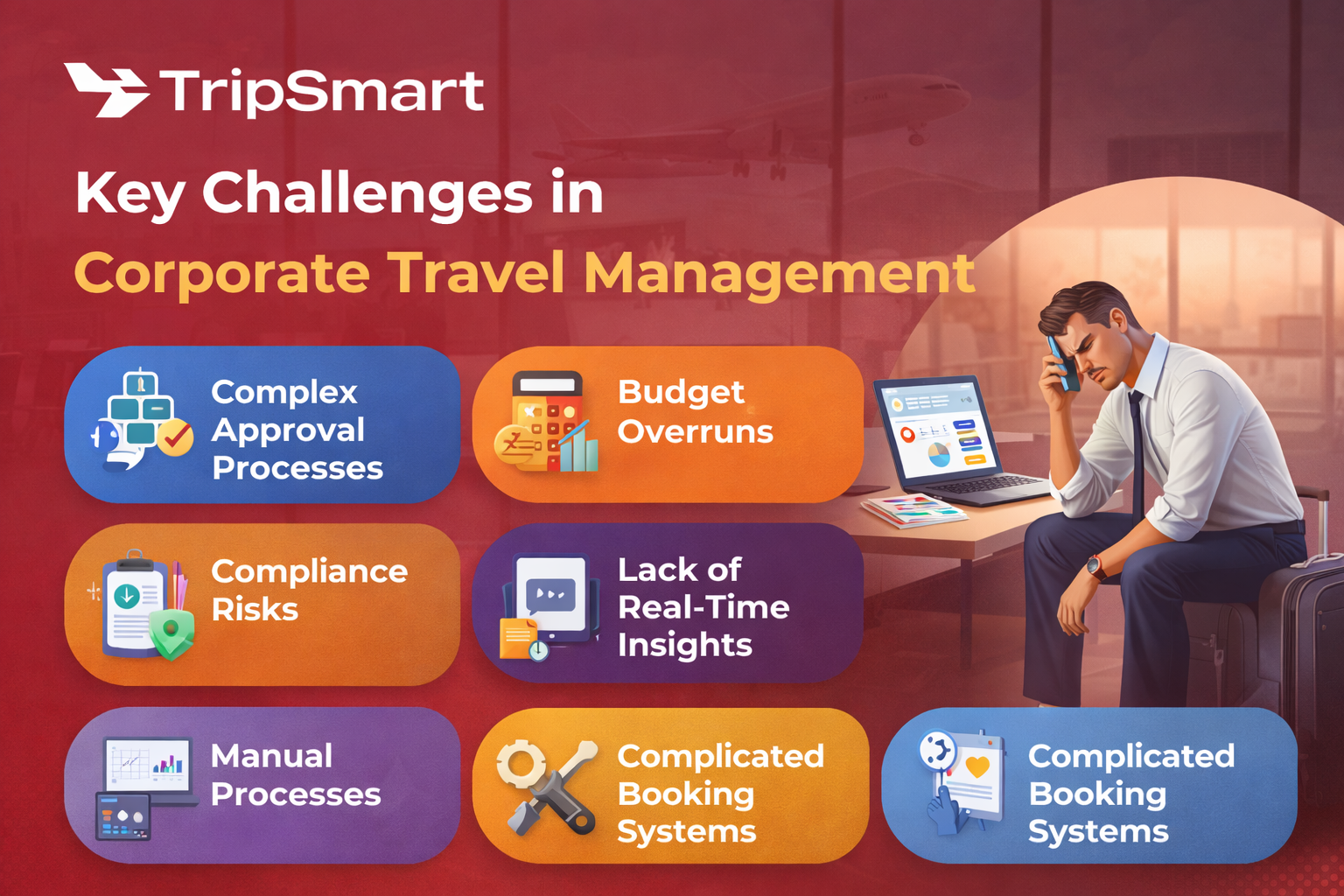With companies expanding globally and embracing remote and hybrid work styles, business travel is now a major part of day-to-day functioning. AI-Powered Business Travel & Expense Management But business travel can be labor-intensive and error-prone when using legacy systems. With AI-powered business travel & expense management, companies can now streamline their processes, enhance traveler experiences, and gain deeper insights into spending behavior.
The Evolution of Business Travel
Corporate travel has been a logistical headache for years. From making flight and hotel reservations to tracking receipts and monitoring policy adherence, the old way of doing things is inefficient and full of unseen expenses. The majority of companies have used manual tracking, spreadsheets, or disparate systems to handle their travel and expenses. These systems not only slow operations but also provide opportunities for fraud and errors. In the past few years, however, the business travel landscape has begun to change. As technology advances, companies are looking at more sophisticated solutions for streamlining and enhancing overall efficiency. Artificial intelligence has been one of the most exciting developments in this field, providing intelligent, automated systems that make every stage of the travel and expense management process easier.
AI-Powered Business Travel & Expense Management
Such smart systems combine machine learning and data analysis to make automatic bookings, track compliance, and maximize expenditure. Thanks to AI, travel and expense solutions are now able to forecast travel preferences, recommend best-value options, and alert them to suspicious transactions in real-time. For example, AI programs can read an employee's previous travel records and recommend the optimal flights and accommodations based on their preferences and corporate policies. Not only is this time-saving, but also the travel experience improves. Furthermore, AI can extract information automatically from receipts, classify expenses, and send them for approval saving time on manual entry and minimizing errors.
Improving Traveler Experience through Personalized Solutions
One of the most striking advantages of AI in business travel is personalization. In contrast to old-school tools, which are equal treatment for all travelers, AI applications learn personal tastes over time. Whether it's booking a window seat, booking a certain hotel chain, or taking early morning flights, AI makes sure that the bookings are according to each traveler's requirements. This degree of personalization enhances employee satisfaction and can even result in enhanced productivity. If employees feel that their travel requirements are being addressed, they will be more likely to remain concentrated on business goals instead of handling travel-related irritations. AI-based platforms also offer real-time information, weather conditions, and location-based tips, which ensure smoother and more predictable travel.
Enhancing Policy Compliance and Cost Savings
Compliance management is a major headache for businesses in the context of business travelAI-based platforms solve this by integrating policy rules into the expense and booking process. Employees thus get real-time advice on compliant expenses, preferred suppliers, and booking limits. In addition, AI processes historical expenses to detect patterns, spot anomalies, and flag fraud. This enables finance teams to make data-driven decisions, negotiate better contracts with suppliers, and bring travel budgets in line. By advancing the detection of cost-saving opportunities, companies can lower travel expenditure without sacrificing the caliber of travel.
Seamless Integration with Corporate Systems
Today's AI-driven business travel & expense management software is built to seamlessly integrate with current enterprise infrastructure like HR, payroll, accounting, and ERP systems. Integration builds a unified ecosystem where travel information moves smoothly across departments. It breaks down silos, increases visibility, and provides correct reporting for finance and compliance teams.For instance, when an employee makes a reservation for a trip, the system can automatically reconcile the data with payroll to include per diem allowances or reimbursements. In addition, expense reports can be automatically prepared and approved with little human intervention. Such a high degree of automation enhances efficiency and ensures that businesses keep track of correct financial records.
Utilizing Predictive Analytics for Smarter Decisions
The use of predictive analytics by AI allows for forecasts on future business travel demand on the basis of historical patterns, business events, and employee practices. This data enables businesses to strategize early, streamline spending, and decrease late bookings for business travel expenses. Predictive analytics can also be used by organizations to measure the return on investment (ROI) of business travel. Through the correlation of travel information with business results e.g., sales performance or project achievement companies can inform decisions about which trips deliver the most value. This forward-looking strategy allows travel budgets to be targeted and in line with business objectives and results.
Future Outlook The Smart Travel Ecosystem
As AI keeps evolving, corporate travel will get more intelligent and automated in the future. Voice-enabled booking systems, virtual travel assistants, and live chatbots are some of the technologies on the way. These will keep streamlining the experience of traveling, providing ever-greater convenience and power to employees as well as travel managers. In addition, as sustainability remains a top priority for firms, AI will be responsible for assisting firms in monitoring and minimizing their carbon footprint. Intelligent platforms are able to offer suggestions on environmentally friendly travel alternatives and offer emission data that will enable firms to align their travel plans with sustainability targets.
Conclusion
By streamlining processes, customizing travel experiences, enhancing compliance, and saving costs, AI is redefining the standard of how businesses travel. TripSmart The corporate travel experience is no longer about paperwork and hassle but is now driven by intelligence, efficiency, and innovation. Furthermore, AI can extract information automatically from receipts, classify expenses, and send them for approval saving time on manual entry and minimizing errors.





Leave a reply